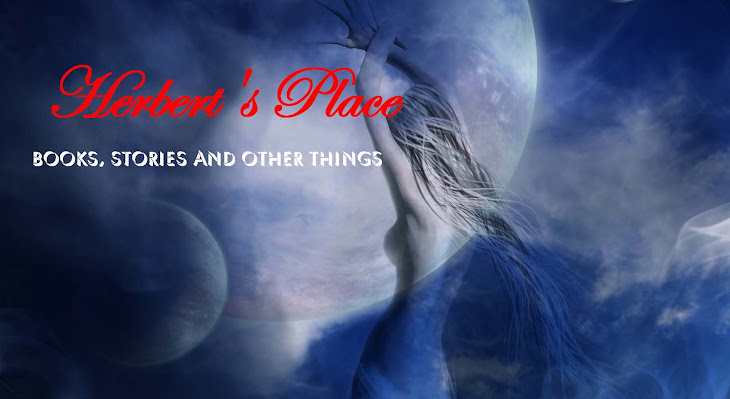How to start a novel
The many different methods to start a short story or a long
novel may be:
*The title
*The name of a character
*The name of a location
*A word
*A short sentence
*An idea
*An action
#How to find a title
Some writers will have a title before the story is even
written. I’ve never written anything where I knew the title beforehand. For me
to find the right title is one of the more difficult parts about writing any
story. I usually wait until I’m finished with the story. Once I begin the
editing I will look for clues in the story that might suggest a fitting title.
Sure, when the title is found one might say, “That was easy,” but it hardly is
for me.
I mentioned one of my novels: Seeds of Chaos. That is the
title of the complete novel. The story is about a man who travels to different
planets and he impregnates the women he encounters (it is erotic Science
Fiction!). By the way, that is not the only thing in the book. There is plenty
of action in the story. Since the novel ended up as two volumes because of its
length, I had to find two titles. That was the difficult part. When I read it
again, the title suddenly appeared in my mind. One of the planets where a lot
happened was called ‘Eden’s
Gate’, and that became the title of the first volume. The second important
planet was ‘Hell’s Gate’, so that became the title for the second book. It seemed simple enough and logical, but it
wasn’t so until I decided on the titles.
In my series ‘Lizard World’ I wrote ‘Outpost Epsilon’ first.
The title was chosen because the story is about an outpost on an alien planet.
For the trilogy that followed later, I needed actually four titles: One for the
series and three for the books.
The series title ‘Lizard World’ was easy enough. The story
takes place on a planet populated by giant lizards. The title of the first
volume is ‘Epsilon’, because the planet is called ‘Epsilon’. The action in book
two happens in the main city on the planet: Epsilon City.
So book two received the title ‘Epsilon
City’. And the story ends
in Raptor’s Tooth, a small settlement in the jungle, and that’s how I came up
with the title for the third book: Raptor’s Tooth.
Easy? Not really. It only seems that way.
I don’t always use places for the titles. In my book ‘Bullet of Revenge’ the title came
to me as I read the last chapter.
As you see, the title can be many things. It can be
*a place,
*the name of the main character,
*an action,
*a phrase one of the characters utters somewhere in the
story
*an idea
*a thing
*it can be one word or a whole sentence
The title of a story is an important part of the whole. If
possible, if should be connected to the story and not something that sounds
nice, but has nothing to do with the story. Don’t use a title like ‘The
Invasion of the Black Turtles’ when there is no mention of black turtles
anywhere and if there is no invasion taking place. Use common sense. Don’t try
to mislead the reader.
More next time
